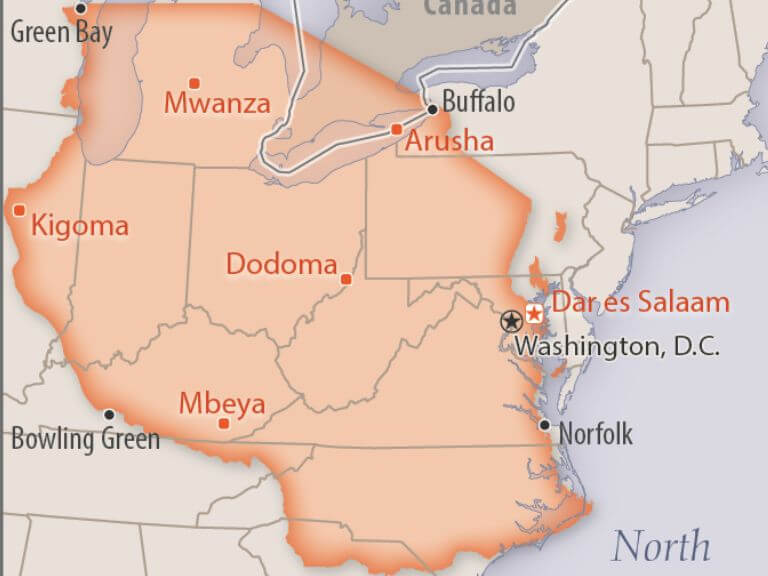Tanzania
One in every five women in Tanzania will experience sexual violence in her lifetime. Less than half will ever seek help. PGCDs were established to address under-reporting, but privacy concerns remain for survivors who fear retribution from their communities. For those that do pursue care or attempt to report, a labyrinth of government regulations exist, requiring survivors without life-threatening injuries to first report to police, then receive a form, which they must then take to a hospital, where they will likely be charged an administrative fee for opening a file. In the event that the medical professional working with the survivor does collect forensic DNA evidence, the likelihood of it being tested is very low: evidence must be delivered to one of only two government-run labs in the country of over 58 million people.
Despite these constraints, Tanzania has made strides toward supporting survivors. There are currently ten One-Stop Centers in the country which collect forensic evidence and provide medical treatment, psychosocial guidance, counseling and legal assistance to survivors of violence free of charge. The government has also made a commitment to expand that number under its National Plan of Action to End Violence Against Women and Children over the next five years at a cost of $115 million USD. Though the Tanzanian government is eager to protect survivors and hold offenders accountable, expanding One-Stop Centers and establishing comprehensive collection and analysis procedures for forensic DNA is only possible with funding and coordination from governments and the international community.
Violence against women in Tanzania

46.2% of ever-partnered women have experienced physical &/or sexual intimate partner violence, with 29.6% of those women having experienced this violence in the last 12 months.
Source: United Nations Global Database on Violence against Women
Country Size Comparision

Source: The World Factbook 2021